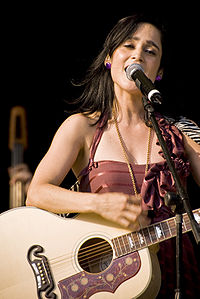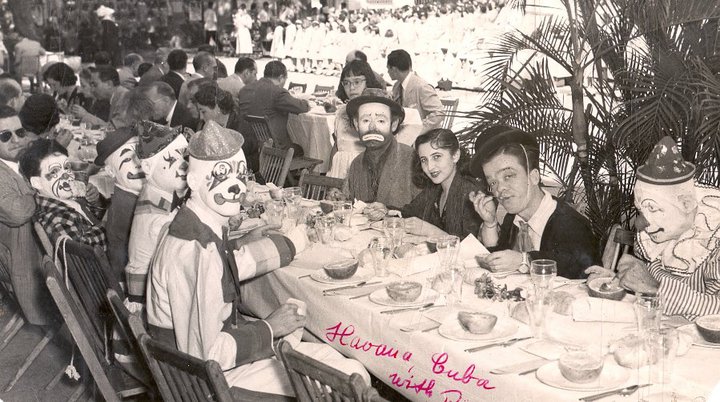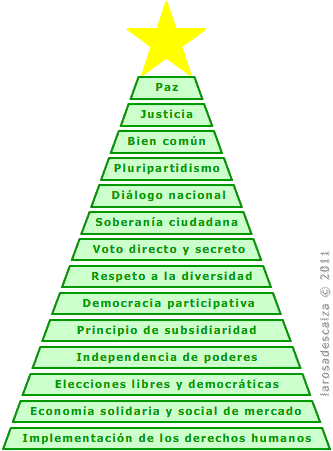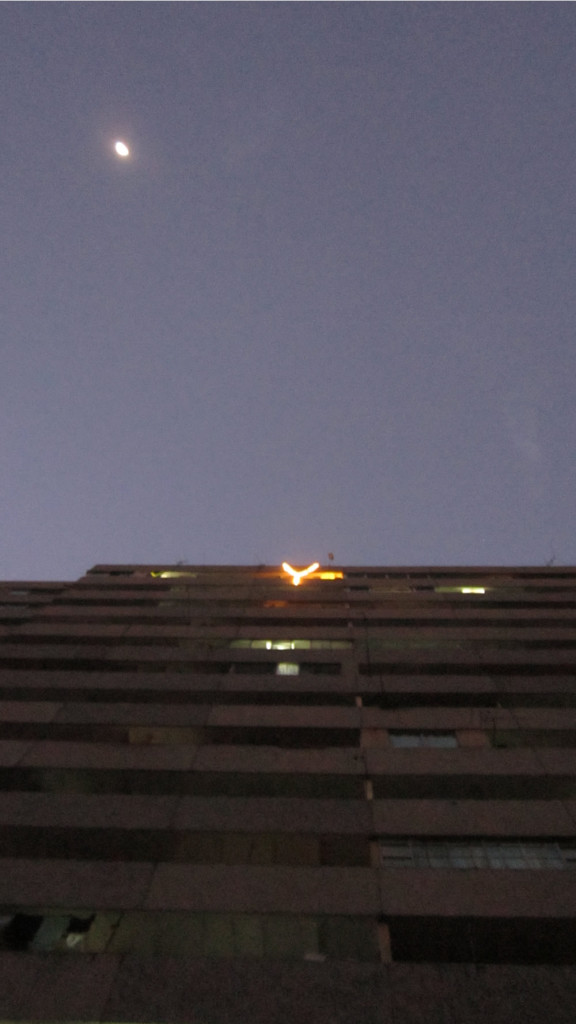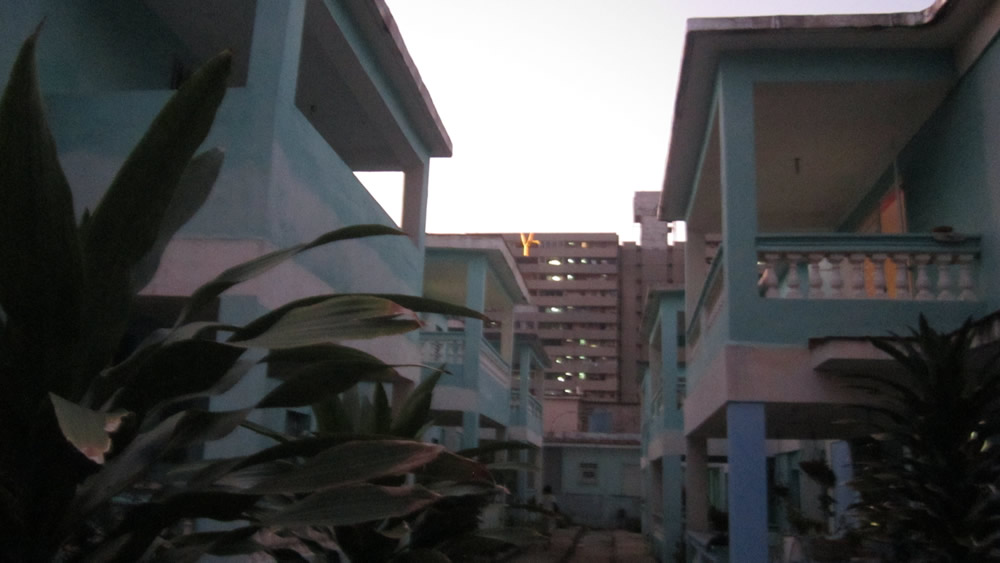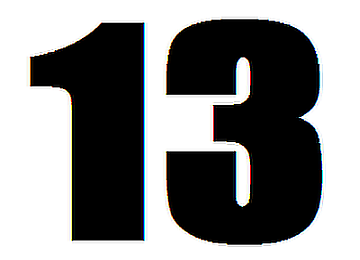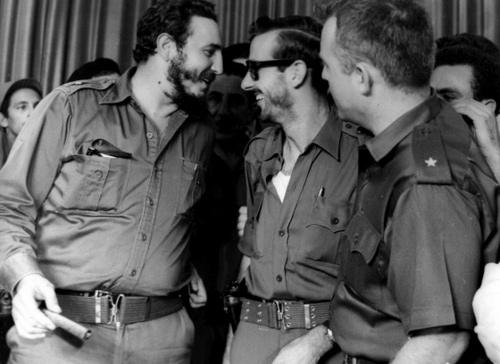By: Yoaxis Marcheco Suarez
I often remember the lyrics of that song by Carlos Varela, hummed by many of my generation: “I had no Santa Claus, nor Christmas tree. . .” And I remember it not only as the popular song from that time in my life, but as the social reality that surrounded my adolescent years. I have always believed in the Biblical God and of course in the story of his Son who was born in the humble and almost forgotten village of Bethlehem, Jesus Christ.
Although I know that Santa Claus and the Christmas tree are not elements of that first and authentic Jewish Christmas, from childhood they were for me symbols of celebration and joy, like the little hats and the pinata that no child should miss on his birthday. But in those first years of my life, in Cuba, Christmas decorations and cuttings were strictly prohibited. It was a capital offense to turn on colored lights in public establishments, whether markets or any other entity, and whoever did it at home ran the risk of being frowned upon by Committee for the Defense of the Revolution neighbors and then that the chief of the block would not recommend them for university study or to get jobs.
Celebrating Christmas was synonymous with being a believer, and being a believer was indicative of being disaffected with the Government, unsuitable for the system, and also discussed by Marxists as: ignorant, incompetent, a person of numbed reason and low intelligence.
Still and all, in contrast with Carlos Varela, I was able to enjoy the emotion of those trees made of natural branches, that started green and ended the Christmas season totally dry, but always full of life, illuminated with dozens of incandescent, 60-watt bulbs, painted with vinyl paint and many times fixed, without being able to blink, because they did not give us resources for so much.
Between the leaves and at the base of the tree, big strips of white cotton simulated snow, and on the top an enormous star, made of cardboard and colored yellow, almost gold, imitated the bright star that shone on the happy night of the birth of the Messiah. There were no presents, they were times of many needs, although the more ingenious brothers did make little dolls of cloth, small Santas that we children could take home in order to daydream about the chubby little man who rode a sled pulled by reindeer and travelled throughout the world distributing gifts to well behaved children.
I remember the question that one of my childhood friends asked her mother on the occasion of the Day of the Kings: Santa does not see me behave well, why else does he forget my presents? I confess that I was incredulous with respect to Santa, although I have always enjoyed the Day of Kings remembering the gifts that the Magi from the East put at the feet of Jesus.
As a girl, it was impossible to believe in the little fat man in the sled, the presents conspicuous by their absence, but in spite of that it was good to see the lights shine on the tree in church and to hear the Christmas carols.
Today when the colored lamps and garlands adorn government agencies and stores, when having a little tree at home is not out of this world, when at least once a year the “militants” from the Council of Cuban Churches offer radio homilies, and televised Christmas concerts within the well controlled framework of official television, it seems that everything is smooth sailing in terms of State-church relations.
Those relations, which are not as smooth as they seem and let alone at at full sail, just let the wise understand that the current Cuban state saves the vinegar for churches and that a considerable number of these last just try to survive and readapt to the apparent coverage that is offered them.
In my own case I long for those dry branches filled with yellowish bulbs, but with churches truly healthy in spirit and centered on Christian love. Churches that were powerful in little and that gave valuable lessons in courage and dignity when they were voraciously attacked by the revolutionary government.
Still today the same political system of yesteryear prevails in Cuba, it conveniently tries to change its facade, and even go to the extreme of denying what history has left in the mind and memory of many Cuban believers from those fateful times.
But although Christmas has never been allowed to be celebrated in Cuba at any price for sincere believers committed to the faith, Carlos Varela and his famous song continue as a living and unquestionable testament to the not so distant past, when humming a Christmas carol, lighting a tree or putting out a nativity scene, was more objectionable than robbing a bank.
Translated by mlk
December 22 2012
